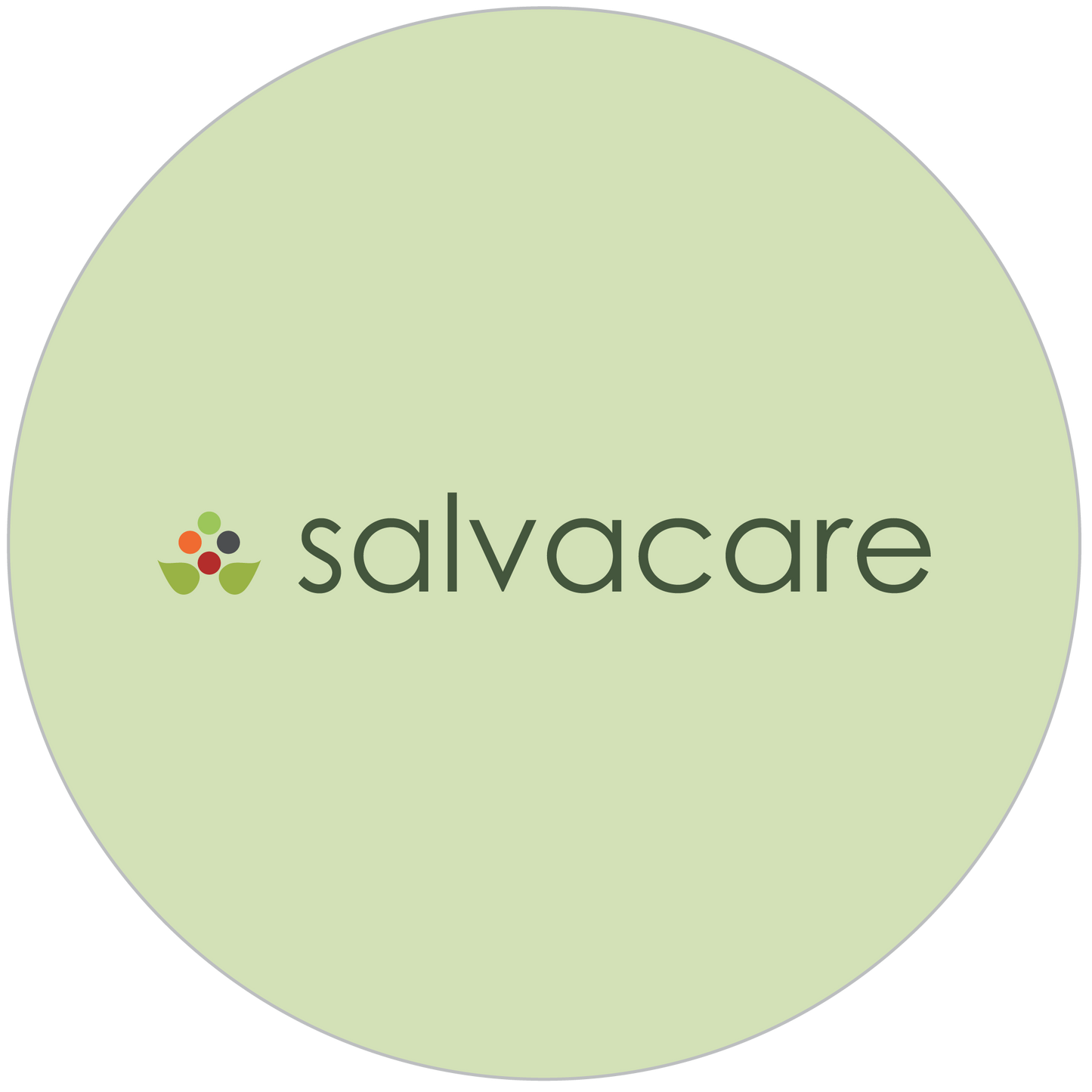
Bowel cancer (or colorectal cancer) is a big health issue in New Zealand and Australia. Over 3,000 Kiwis get diagnosed each year, and Australia actually has the highest rates worldwide in people under 50, showing it’s no longer just an “older person’s disease.”
Understanding the causes and early detection are key to better outcomes.
There’s a lot we can do to help reduce the risk through diet, lifestyle, and smart daily choices. This article explores simple, science-backed ways you can support your gut health and reduce your chances of developing bowel cancer and also what you can do to support yourself if you have a bowel cancer diagnosis.
Why Does Bowel Cancer Happen?
Most cases of bowel cancer develop over time due to lifestyle and environmental factors, only about 5–10% are linked to inherited genetic conditions. Two of the most well-known genetic conditions are:
- Lynch Syndrome – A hereditary condition that affects DNA repair, increasing the risk of bowel and other cancers.
- Familial Adenomatous Polyposis (FAP) – A rare condition causing hundreds of bowel polyps from a young age, almost always leading to cancer if untreated.
For most people, bowel cancer begins with gradual changes in how genes behave, affected by diet, lifestyle, stress, toxins, and inflammation. This is called epigenetics.
Even with a genetic risk, your daily choices, what you eat, how you manage stress, your gut health, and detox function, can influence how genes are “turned on or off.”
The good news? You have the power to change the outcome. Supporting your body with the right nutrition, reducing inflammation, caring for your gut, and managing stress can all help reduce your risk or support your body.

Key Risk Factors You Can Influence
1. Inflammation in the Gut
Chronic inflammation in the digestive system can quietly contribute to bowel cancer over time. Inflammation raises certain immune chemicals like IL-6 and TNF-alpha, which can damage cells and impair your body’s natural repair processes.
Signs and symptoms to look out for - bloating, frequent cramping, loose stools or constipation, food sensitivities.
2. Unhealthy Gut Bacteria
Some harmful bacteria, like Fusobacterium nucleatum, have been found in people with bowel cancer. These bacteria can damage your gut lining, interfere with your immune system, and increase the chance of cellular changes.
Signs and symptoms to look out for - persistent bloating, foul-smelling gas, bad breath, skin breakouts, and frequent digestive discomfort.
3. Eating excessive amounts of Red or Processed Meat
Cooking red meat at high temperatures (like frying or barbecuing) can cause chemical changes that damage DNA. Processed meats (such as ham, bacon, and salami) are particularly risky due to added preservatives and nitrates can trigger inflammation in the gut lining and also damage cellular DNA in your colon, promoting cancer development.
Are you eating too much red meat or processed meats? - why not take a food diary to check in with yourself about what you are eating?
Did you know? The World Health Organization (WHO) has classified processed meat, like bacon, ham, and salami, as a Group 1 carcinogen, the same category as tobacco and asbestos. But it does not mean that processed meat is a dangerous as tobacco or asbestos, but it does mean there is such strong scientific evidence that processed meat can cause colorectal (bowel) cancer.
4. Alcohol, Smoking & Vaping
Alcohol, when metabolized by the body, turns into a toxic chemical called acetaldehyde, which can damage both your DNA and the gut lining as it can disrupt your gut microbiome, increase your inflammatory load and reduce your absorption of nutrients.
Smoking has long been linked to several cancers, including bowel cancer, due to the harmful chemicals it contains and its role in promoting inflammation and oxidative stress.
And while often seen as a safer option, vaping may not be harmless, especially for those with digestive issues or a family history of cancer, according to emerging research.
Did you know? Smokers are more likely to develop precancerous polyps in their colon, which can increase the risk of bowel cancer if left untreated.
5. Lack of Movement
Sitting too much or not exercising regularly can raise insulin levels and stress the body, making it easier for abnormal cells to grow. Regular movement helps keep your metabolism balanced and can help reduce inflammation.
Signs and symptoms associated with a sedentary lifestyle - sluggish bowels, low mood, poor sleep, fatigue, and feeling heavy or stiff after meals.
Bowel cancer may develop when any of these protective systems break down, dysfunctional cells aren’t eliminated, and environmental and lifestyle stresses outweigh the body’s ability to repair itself.
What Can You Do to Lower Your Risk?
General Dietary Guidance
With busy lives, we often grab whatever’s quick without thinking about what we’re really putting in our bodies. As foods get more processed and less nutritious… could this be one reason bowel cancer continues to rise?
Eating well can help, including lots of different plant fibers (like leafy greens and sprouts), spices like turmeric and ginger, high-fiber foods (whole grains, fruits, veggies), and healthy fats like omega-3s. Lean proteins are great too, but mix them up and avoid processed meats, which can increase cancer risk. And don’t forget to stay hydrated, water keeps digestion smooth and helps flush out toxins. Build in stress management techniques to your daily habits. Small changes like these really support your gut health and overall wellbeing.

Salvestrols: Natural Support from Plants
Salvestrols are special compounds found in certain fruits and vegetables, especially in their skins and piths, that help plants defend themselves against pests and disease. These same natural substances, secondary plant metabolites support our bodies natural cell cycle, bypassing healthy cells while targeting damaged cells.
Modern farming methods, including heavy pesticide use and genetic modification, have drastically reduced salvestrol levels in our food. This decline may be one reason chronic health conditions, including cancer, have become more common.
When we consume Salvestrols, they are activated by a specific enzyme called CYP1B1, which is found in high levels in cancer cells but is generally undetectable in healthy cells. This activation triggers a targeted response that encourages abnormal cells to self-destruct, while leaving healthy cells unharmed.
Suggested use: 6 capsules daily on an empty stomach (4 in the morning, 2 later). Take with 500–1000 mg of vitamin C to boost effect. If digestion is poor, chew or dissolve capsules in the mouth for better absorption.

ModeraFlam: A Natural Anti-Inflammatory
Many people with bowel inflammation or cancer have high levels of IL-6, an inflammatory marker tied to disease progression. ModeraFlam is a supplement made from concentrated plant compounds that help reduce IL-6 and other inflammation signals.
Suggested use: 2 capsules daily, best taken on an empty stomach before bed.

NeuroStrols (Coming Soon)
Your gut and brain are deeply connected. Chronic stress can weaken your gut lining, disrupt your immune system, and raise inflammation. NeuroStrols is a blend of plant extracts that helps the body recover from stress, regulate cortisol, and support gut-brain health.

Should You Supplement?
As the nutrients of our foods decrease, our lifestyles get more stressful and the environment becomes more toxic our bodies can naturally end up with nutrient deficits.
Supplementation can be a very beneficial support mechanism as the right supplementation can support your body’s natural detox and repair systems.
The great thing about our supplement range unlike many ranges on the market today they are nesem extracts meaning they are molecules sourced directly from food sources - Salvestrols, ModeraFlam, Neurostrols.
If you have bowel cancer reach out to us and we can discuss how best to take any of our range, as absorption matters.
Final Thoughts
While your genes may set the foundation, it’s your daily choices that build the outcome. What you eat, how you move, and how you manage stress can all help reduce your risk of bowel cancer and support lifelong gut health. The science is clear: small changes in lifestyle, diet, and targeted natural support can make a big difference over time. Prevention truly is powerful.
Disclaimer: The Content is not intended to be a substitute for professional medical advice, diagnosis, or treatment. Always seek the advice of a physician or other qualified health provider with any questions you may have regarding a medical condition. Never disregard professional medical advice or delay in seeking it because of something you have read on this website / Blog / email
References
-
Arnold M et al. Gut. 2020;69(8):1417-1424.
-
Jasperson KW et al. Gastroenterology. 2010;138(6):2044-2058.
-
Fearon ER, Vogelstein B. Cell. 1990;61(5):759-767.
-
Grivennikov SI et al. Cell. 2010;140(6):883–899.
-
Kostic AD et al. Cell Host Microbe. 2013;14(2):207–215.
-
Sears CL, Garrett WS. Cell Host Microbe. 2014;15(3):317–328.
-
Cross AJ et al. Cancer Epidemiol Biomarkers Prev. 2010;19(2):509–516.
-
Boffetta P, Hashibe M. Lancet Oncol. 2006;7(2):149–156.
-
Botteri E et al. JAMA. 2008;300(23):2765–2778.
-
Li C et al. Toxics. 2021;9(11):279.
-
Boyle T et al. J Natl Cancer Inst. 2012;104(20):1548–1561.
-
O’Keefe SJD et al. Nat Commun. 2015;6:6342.
-
Canani RB et al. World J Gastroenterol. 2011;17(12):1519–1528.
-
Pan MH et al. Biofactors. 2008;32(1-4):67–78.
-
Prasad S et al. Pharmacol Ther. 2011;128(2):336–353.
-
Kunnumakkara AB et al. Cancer Lett. 2017;403:143–158.
-
Berquin IM et al. J Clin Invest. 2011;121(9):3279–3287.
-
Ros E. Curr Opin Lipidol. 2010;21(1):12–17.
-
Popkin BM et al. Nutr Rev. 2010;68(8):439–458.
-
Lawrence N. Cancer Lett. 2001;173(2):193–196.
-
White J, Detmar J. J Food Sci. 2019;84(3):573–580.
-
Lawrence N. J Nutr Biochem. 2005;16(10):584–592.
-
Li Y et al. Oncotarget. 2016;7(10):11115–11126.
-
Zhou B et al. Cancer Epidemiol Biomarkers Prev. 2016;25(1):131–139.
-
Cao L et al. Brain Res Bull. 2019;150:212–221.
-
Wang Y et al. Int Immunopharmacol. 2006;6(4):498–503.
-
Meyerhardt JA et al. J Clin Oncol. 2006;24(22):3527–3534.
-
Black DS, Slavich GM. Ann Behav Med. 2016;51(4):480–492.


